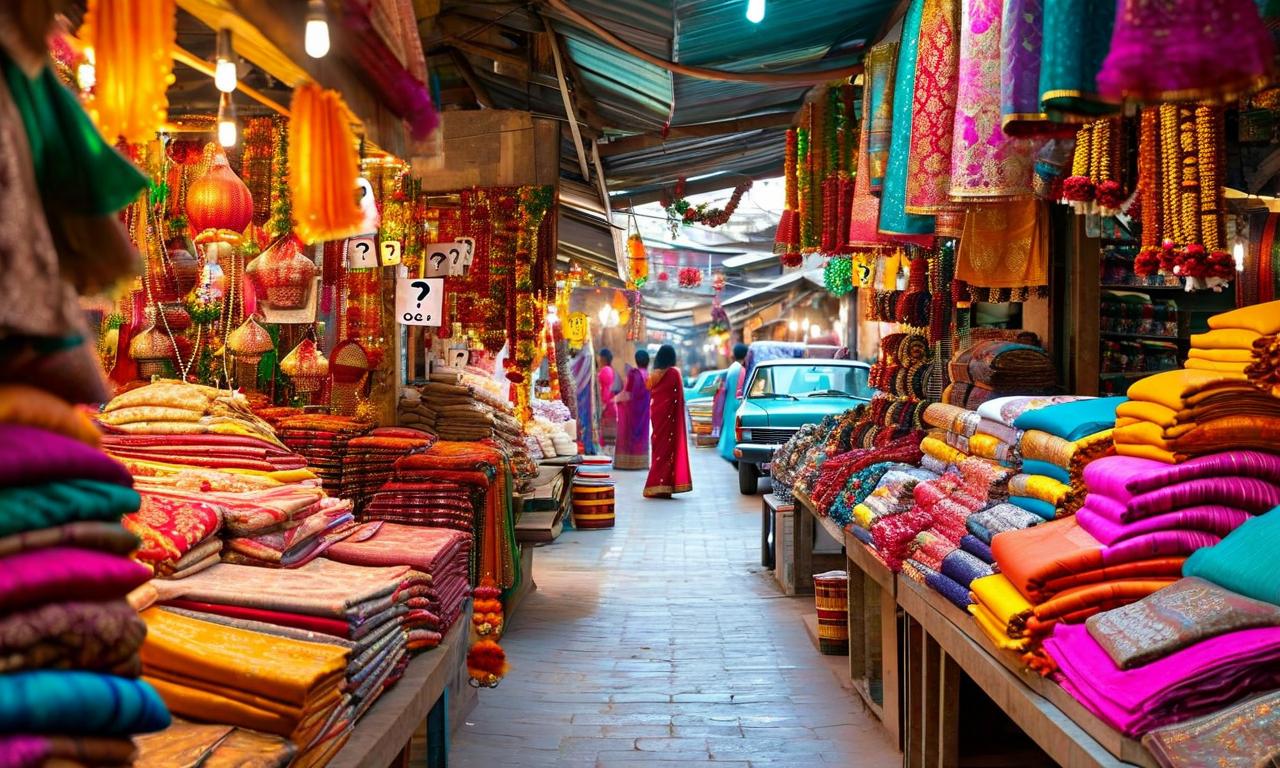Festive Season Uncertainty: Indian Retailers Brace for Potential Purchase Delays
The Indian retail sector is experiencing uncertainty as the festive season approaches. Manufacturers of cars and big-ticket consumer products are concerned about potential shifts in consumer behavior due to impending GST rate changes. Buyers might postpone purchases until the implementation of new GST rates, expected closer to Diwali in late October. This could disrupt traditional sales cycles, create inventory management challenges, and impact cash flow for businesses relying on festive season sales. Companies may need to adapt their strategies with flexible promotions, clear communication about pricing, and reassessed inventory planning.

*this image is generated using AI for illustrative purposes only.
The Indian retail sector is facing a period of uncertainty as the festive season approaches, with manufacturers of cars and big-ticket consumer products grappling with potential shifts in consumer behavior due to impending GST rate changes.
Anticipated Demand Surge
Manufacturers in India had been looking forward to a surge in demand during the festive season, which kicks off with Ganesh Chaturthi on August 27. This period, stretching from late August through October, is traditionally a time when consumer spending increases significantly, particularly for high-value items such as automobiles and large appliances.
GST Rate Implementation Concerns
However, a cloud of uncertainty has descended over the retail landscape. Companies are expressing concerns that buyers might postpone their purchases until the implementation of new Goods and Services Tax (GST) rates, which is expected to occur closer to Diwali in late October.
Potential Impact on Sales
This potential delay in purchasing decisions could have significant implications for retailers and manufacturers alike:
- Disrupted Sales Cycles: The usual festive season sales boost might be delayed or distributed differently across the period.
- Inventory Management Challenges: Retailers may face difficulties in managing stock levels if consumer behavior deviates from traditional patterns.
- Cash Flow Implications: Delayed purchases could impact the cash flow of businesses that rely heavily on festive season sales.
Consumer Behavior Shift
The anticipated consumer behavior reflects a growing awareness of tax implications on purchases. Buyers appear to be strategically timing their big-ticket purchases to potentially benefit from new GST rates, showcasing an increasingly tax-savvy consumer base.
Adapting Strategies
As the situation unfolds, retailers and manufacturers may need to adapt their strategies:
- Flexible Promotions: Companies might consider extending promotional offers beyond the traditional festive period to accommodate delayed purchases.
- Clear Communication: Providing clear information about current and future pricing, including potential GST impacts, could help in managing consumer expectations.
- Inventory Planning: Businesses may need to reassess their inventory strategies to account for potentially altered purchasing timelines.
The coming weeks will be crucial for the Indian retail sector as it navigates through this period of uncertainty. The interplay between festive season excitement and pragmatic tax considerations will likely shape consumer behavior and, consequently, the fortunes of retailers in the short term.

























